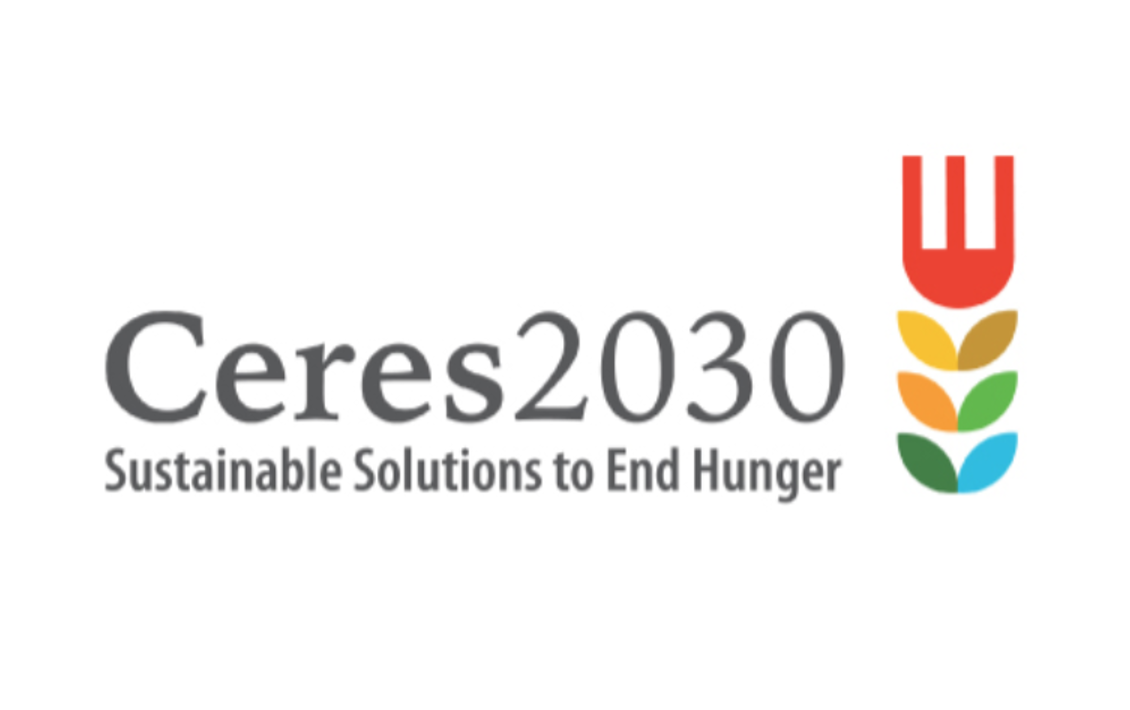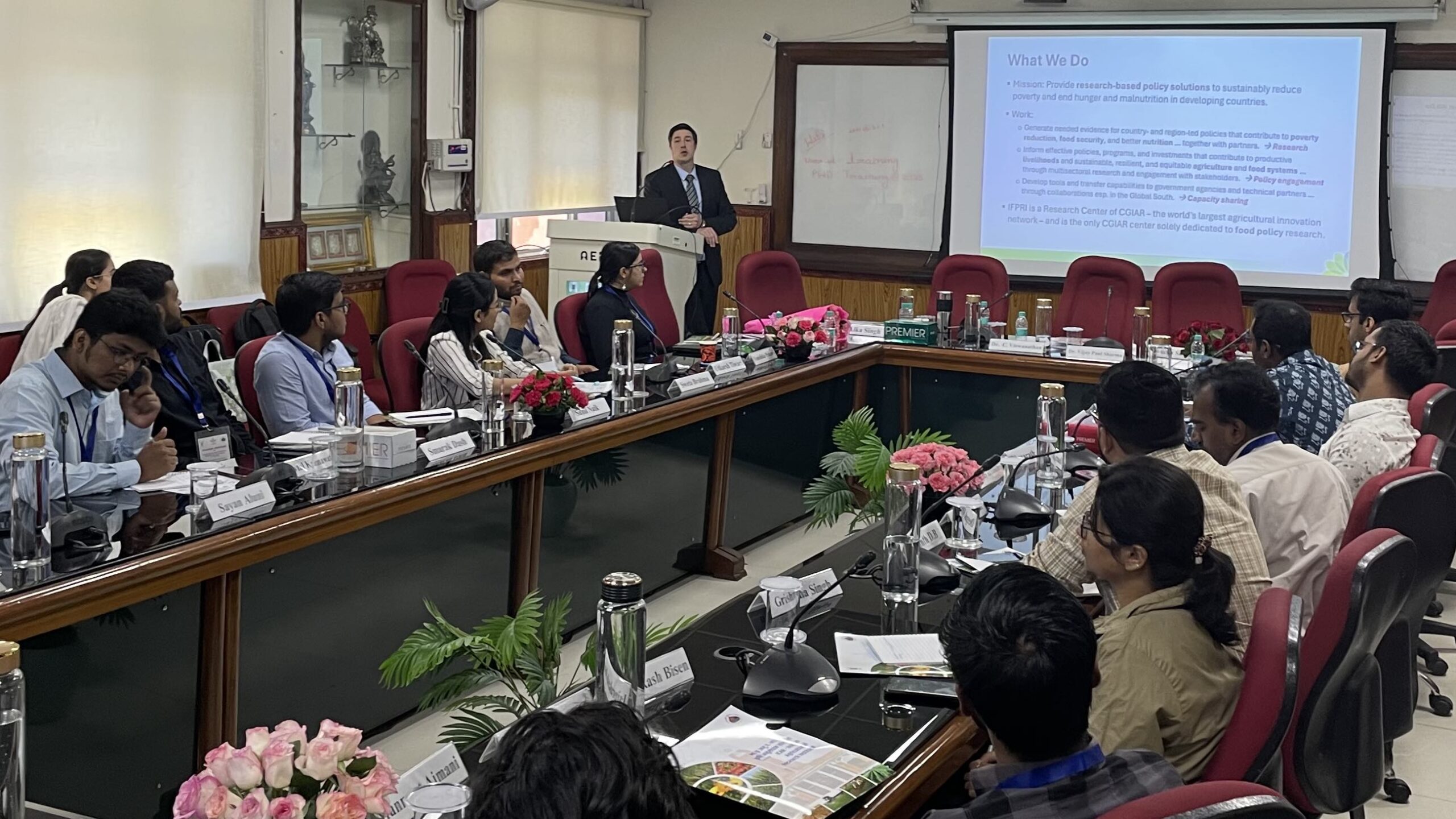New research concludes that donor country governments must roughly double current amounts of food security and nutrition assistance in order to end hunger by 2030, boost the incomes of smallholder farmers around the world, and cut carbon emissions from agriculture to limit the effects of climate change.
“Investments of about $14 billion are necessary yearly,” said Gerd Müller, German Minister for Economic Cooperation and Development, at an Oct. 13 event announcing the research findings of Ceres2030: Sustainable Solutions to End Hunger—a joint three-year project by the International Institute for Sustainable Development (IISD), Cornell University, and IFPRI. The research also indicates that developing countries should increase their budget commitments for these goals as well, by a total of $19 billion a year.
Time is of the essence, Müller said: “The sooner we act, the less it will cost.”
Bill Gates, co-chair of the Bill & Melinda Gates Foundation, Abhijit Vinayak Banerjee, 2019 joint winner of the Nobel Prize in Economics, and Agnes Kalibata, Special Envoy for the 2021 UN Food Systems Summit, were among those who offered their reflections on the research and joined the call for action on Sustainable Development Goal (SDG) 2, reaching zero hunger by 2030.
“Ceres2030, being launched today with the support of the German Development Ministry and our foundation, is a great step in the right direction,” Gates said. “Nothing on this scale has ever been done because we lacked the tools to analyze this complex information, but with the new research, solid evidence will drive better policy making.”
Kalibata, Banerjee, and other speakers focused on various aspects of the Ceres2030 research and on a complementary research report by the Center for Development Research (ZEF) in Bonn, in cooperation with the U.N. Food and Agriculture Organization (FAO), including the need for inclusivity, reducing food loss, and partnerships among countries to reach the goal.
The estimate of the additional donor spending needed to reach SDG2 came from computable general equilibrium (CGE) modeling research led by David Laborde, co-director of Ceres2030 and IFPRI Senior Research Fellow and Theme Leader on Macroeconomics and Trade. Ceres2030 co-director Carin Smaller broke the estimate down into three major categories of interventions: “We found that donors need to target $9 billion out of the $14 billion on the farm, $2 billion to move food to markets, and $3 billion on social protection to help empower the excluded.”
As part of the project, Nature Research has published a special collection of papers and editorials on sustainable solutions to end hunger. Machine learning tools developed by Ceres2030 co-director Jaron Porciello helped identify suitable areas for research for the collection and facilitated the research itself. IFPRI Senior Research Coordinator Valeria Piñeiro led one of the eight research articles in the issue, “A Scoping Review on Incentives for Adoption of Sustainable Agricultural Practices and Their Outcomes,” synthesizing research on which policy instruments are effective to incentivize small-scale food producers to take up sustainable farming methods while improving their own economic outcomes.
Marie Parent is a Research Analyst with IFPRI’s Markets, Trade, and Institutions Division and member of the Ceres2030 project team.







